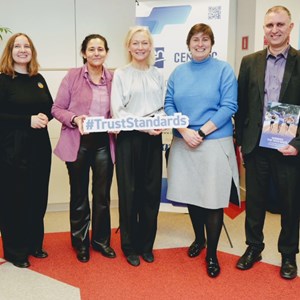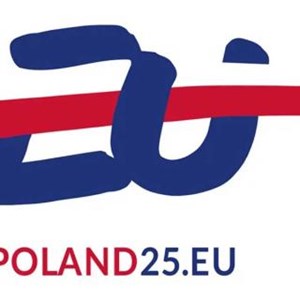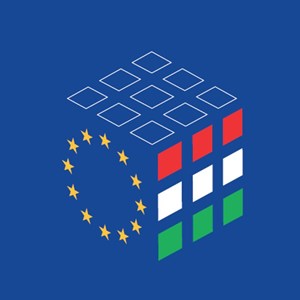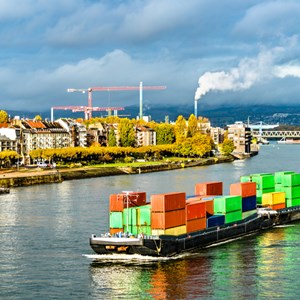European standards are key to support the transition to a more sustainable future for all. Through a new dedicated online tool, CEN and CENELEC have mapped the direct contributions standards make to the UN Sustainable Development Goals (SDGs).
The 2030 UN Agenda for Sustainable Development provides a shared blueprint for peace and prosperity for people and the planet. At its heart are the 17 Sustainable Development Goals (SDGs), which serve as an urgent call to action for a global partnership that addresses social imbalances, develops a sustainable economy, and fights against climate change. But in order for this to be achieved, the SDGs require the cooperation of all stakeholders, private and public.
In this context, voluntary, consensus-based standards have a big role to play. Standards facilitate the translation of ambitions into concrete actions: they offer shared and clear rules of behaviour, which therefore foster the dissemination of best practices and the circulation of innovations.
CEN and CENELEC, two of the official European Standardization Organizations (ESOs), develop European Standards that contribute to the three pillars of economic, environmental, and societal sustainability. In the framework of the twin digital and green transition for Europe, CEN and CENELEC are fully committed to the global implementation of the SDGs. This engagement is testified by its inclusion among the priorities of the CEN and CENELEC Strategy 2030, but also by the signature of the London Declaration on the commitment of international standards to climate action, spearheaded by ISO.
Mapping CEN and CENELEC’s contribution to the SDGs
To provide a thorough overview of how standards help achieve the SDGs, CEN and CENELEC developed a new dedicated website. Through months of work involving high-level experts and technical committees, in line with the parallel international work of ISO and IEC, the two organizations realised a comprehensive mapping of the standards that make the most significant contribution to the SDGs in the European context.
Thanks to the website, users will be able to explore each SDG individually to see which standards contribute to it. Through the filter functionality, it will be possible to quickly search for the individual standards developed by CEN and CENELEC Technical Committees, as well as a detailed description of their work.
At the moment, the website accounts for 4783 deliverables. This is a living list: it is expected to be continually updated in the upcoming months and years to contribute to the ever-growing inclusion of sustainability issues in standardization across the board.
Elena Santiago Cid, CEN and CENELEC’s Director General, commented: “CEN and CENELEC are committed to leveraging the power of European standards to address global challenges. We are looking forward to collaborating with all economic and social stakeholders and pooling their expertise and skills, in order to make sustainable development a reality for everyone!”.
This mapping exercise has the ambition to be a tool to raise awareness among the European standardization community on SDGs and on the value of European Standards. In the long term, this interactive mapping aims to grow with future standards development, making more obvious the strong links between SDGs and standards. As this work continues, stakeholders are invited to explore new opportunities and strengthen synergies.

Giovanni COLLOT
gcollot@cencenelec.eu



